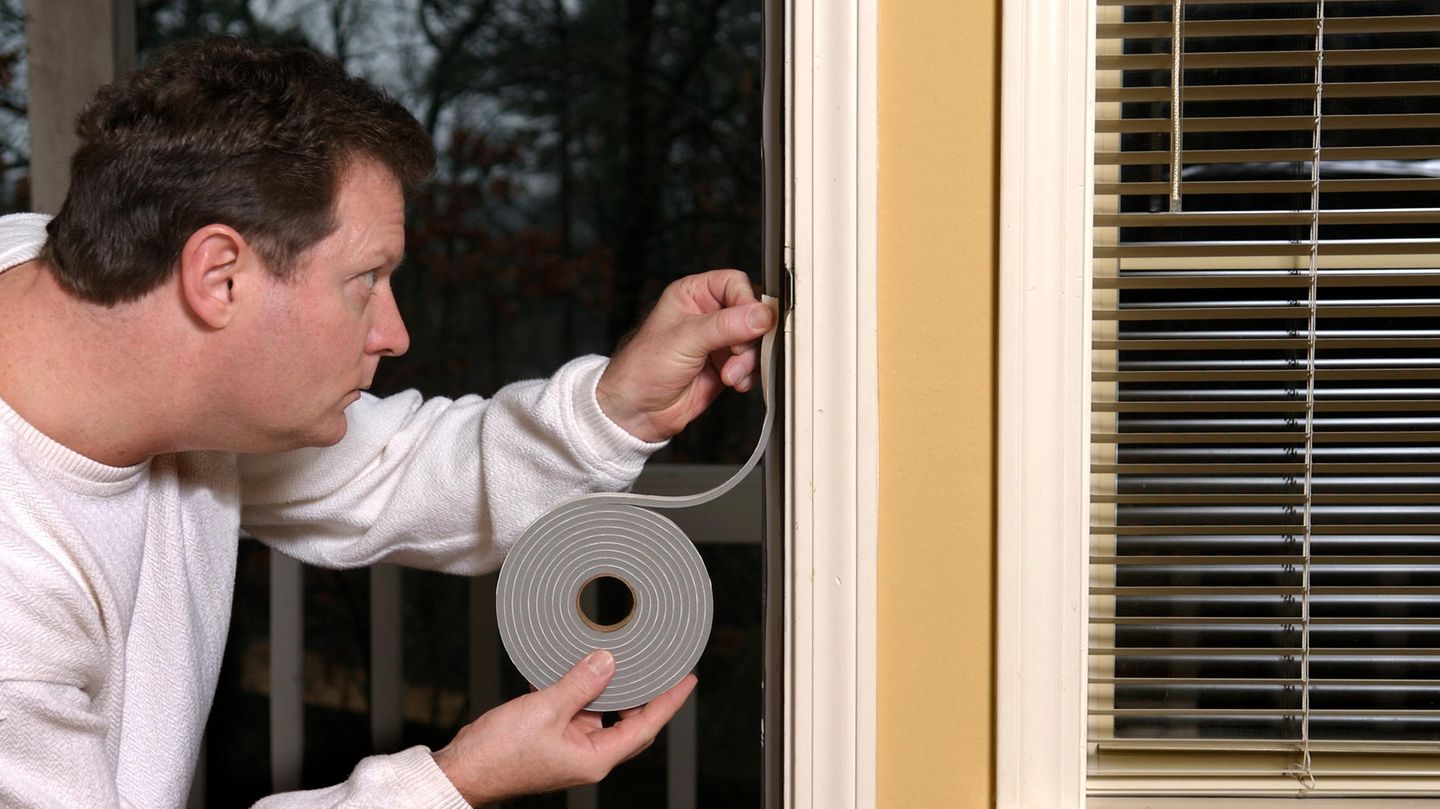Turning away from fossil fuels such as oil, gas and coal will not happen overnight. Many private individuals are already investing in change. But some things are slowing down the energy transition.
The energy transition is finding its way into more and more private households in Germany. According to the state development bank KfW on Wednesday, 32 percent use at least one of the following technologies: photovoltaics, solar thermal energy, battery storage, heat pumps, combined heat and power, wood pellet heating, electric cars. That is three points more than in the survey a year earlier. A little more than seven percent of households are planning to purchase an energy transition technology in the next twelve months, which is about as many as in the previous survey.
The results show that “even in times of high energy costs, people are very supportive of the energy transition and many of them want to play an active part in it,” concluded KfW Chief Economist Fritzi Köhler-Geib. This is also important, because private households are responsible for almost 40 percent of emissions of climate-damaging carbon dioxide (CO2). “Now it’s about maintaining the positive attitude and acceptance – and winning even more households for the necessary measures and investments,” appealed Köhler-Geib.
The respondents most frequently name economic reasons as obstacles: 41 percent of property owners and thus significantly more than in the previous survey of this question in 2021 (29 percent) stated that they could not afford an investment such as insulation, new windows or a photovoltaic system . 39 percent express the assumption that such an investment is not worthwhile. The energy transition is also being slowed down by the lack of availability of craftsmen. 27 percent of those surveyed named this as an obstacle.
By 2045 Germany wants to have achieved climate neutrality. This means that only as many greenhouse gases as CO2 should then be emitted as can be bound again.
Source: Stern




